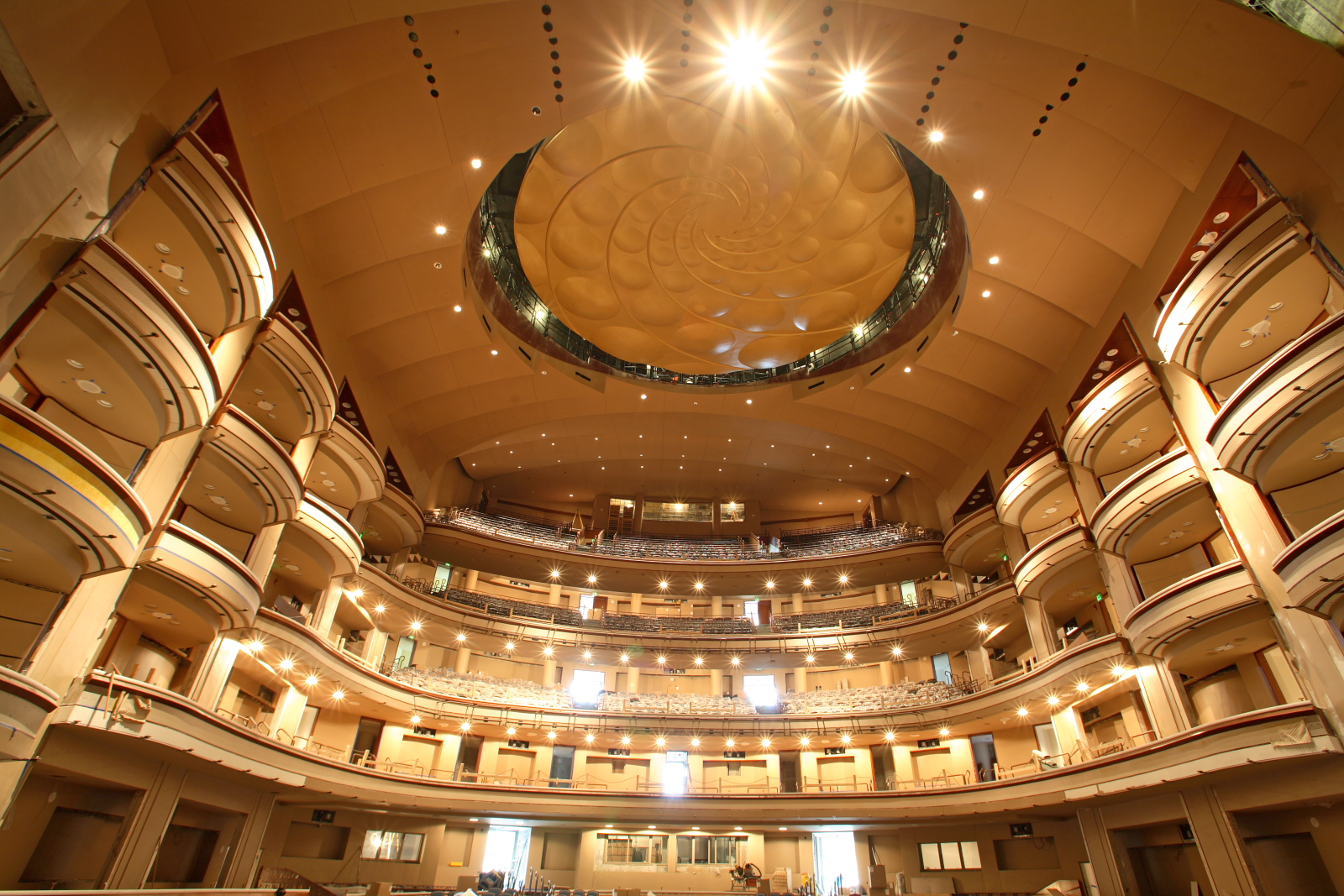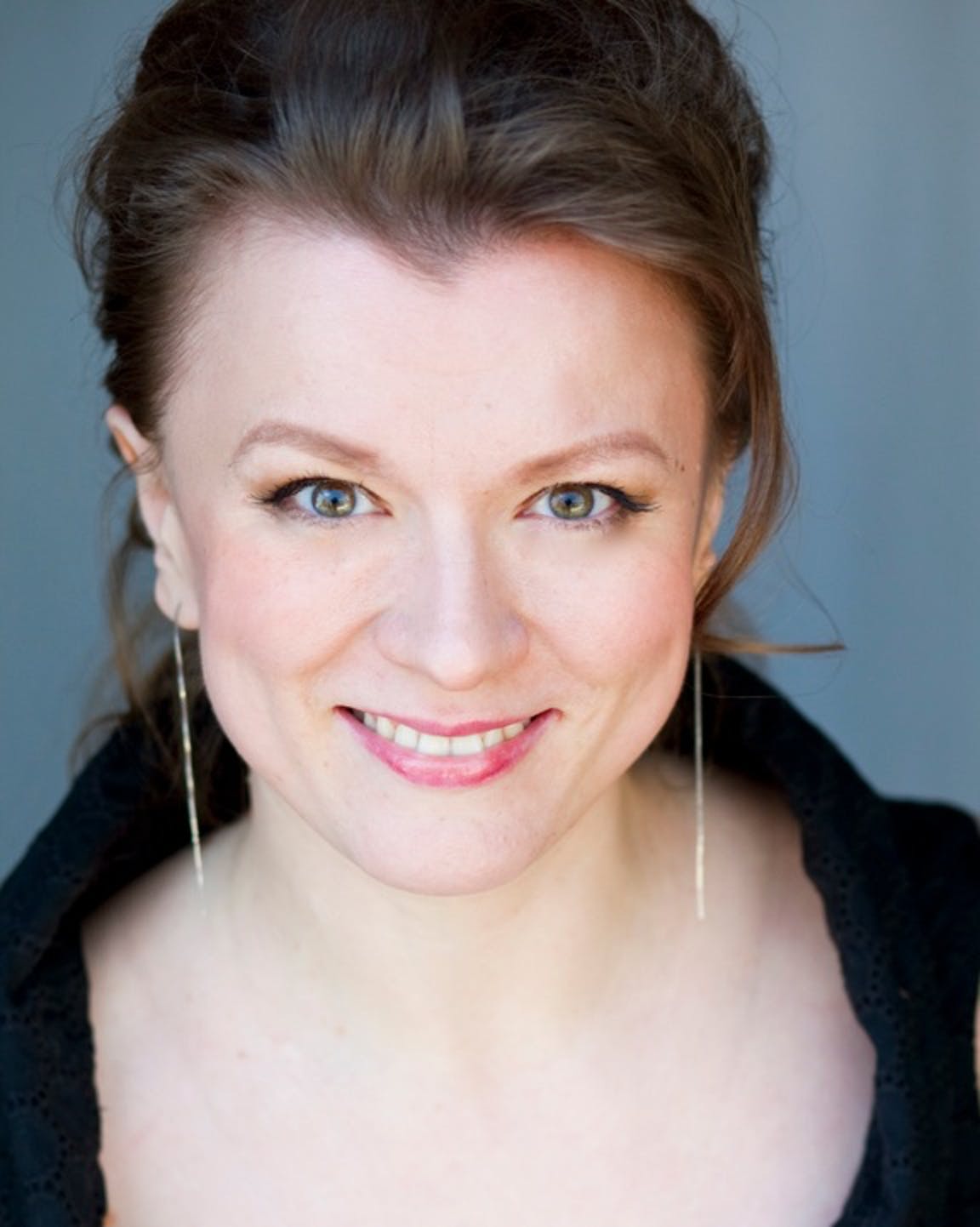
‘Eugene Onegin’: more than an opera, an emotional symphony
It is a fascinating opera, any way you look at it. At once grandiose and intimate, rural and urban, Russian and universal, “Eugene Onegin” is perhaps the best example Pyotr Tchaikovsky left of his life and work.
Some could argue that the Piano Concerto No. 1 in B-flat Minor, the Violin Concerto in D Major, “Swan Lake,” “The Nutcracker” or his last three symphonies, including the Symphony No. 6 in B Minor (“Pathétique”), achieved more renown. But “Onegin” reveals the essential Tchaikovsky that we all should know. Basing the work on the famous Alexander Pushkin novel was an excuse. In a curious maneuver, Tchaikovsky appropriated the character and painted in him his self-portrait, creating a unique opera in which the protagonist is not the tenor, which is the convention, but a baritone. It is not a traditional, or even a sympathetic role.
“Eugene Onegin” is a favorite opera of those in the know. Even Tchaikovsky’s detractors often admit that the combination of symphonic and operatic elements is exquisite, without the sentimentality his critics attribute to some of his other works. Here there are no overflowing emotions or sweetness, but rather pure feeling, vibrant emotion, the piercing intensity of “Pathétique” and the torrential grace of “Serenade for String Orchestra.”

It’s an opera that has a melody from beginning to end, and in that, it’s a sister to Giuseppe Verdi’s “La Traviata.” It’s an essay on life, a confession more than a confidence, more content than form. Between choirs and dances, we are before a piece that, like Mozart, must be read between the lines to discern its meaning. Tchaikovsky didn’t intellectualize it. This was his catharsis, his emotional painting, done in impulsive strokes that become diluted in a series of deceptively placid postcards, as in Jules Massenet’s “Werther,” where there is also a letter. Letters that open and close possibilities. The one Tatyana writes Onegin is the core of the opera–just as in real life, so were the letters in which Antonina Miliukova proposed to Tchaikovsky, and the abrupt one in which his mysterious patron, Nadezhda von Meck, ended their peculiar relationship. In that subtle x-ray of each character, in that double play, Tchaikovsky paints a picture of the world that surrounded and, at times, stifled him.
Unlike most operas, in which the losses can be counted in large numbers, in “Onegin” there is only one death, preceded by its most famous aria. Here, the true death is that of hope for both characters when Tatyana says goodbye.
“Onegin” also departs from the conventional operatic formula in that there are no acts but instead lyric scenes. The original work was staged at the Moscow Conservatory; from there to the Bolshoi stage was a big step, and the premiere in Hamburg, with Tchaikovsky in attendance, was directed by none other than an enthusiastic Mahler.

These days, that constant ambiguity throughout “Onegin” is a sumptuous morsel for stage directors. Some artists know how to strip it to its essence and successfully translate it to our times. The late Russian soprano Galina Vishnevskaya–who set the bar for the role of Tatyana and whose successor may well be Anna Netrebko–had a fainting fit seeing the “crime committed” by theater director Dmitri Tcherniakov, who had a very original take on Onegin. She might’ve had another spell had she seen Stefan Herheim and his parade of historic characters (including Vladimir Putin) or Krzysztof Warlikowski’s staging, focused on the homosexual relationship between Onegin and the character of Lenski.
On film, there is the movie of the same name by Petr Weigl; the mad “Music Lovers,” in which Ken Russell created a delirious parallel that comes too close to reality; and Martha Fienne’s “Onegin”–which does not feature the Tchaikovsky score! There is also a ballet by John Cranko and Dmitri Hvorostovsky–undoubtedly, “Onegin” has earned its place as the Russian opera par excellence. Even more than “Boris Godunov,” which is about the inexorable cycles of Russian history, “Onegin” and its tortured, narcissistic hero get closer to the heart of listeners because Tchaikovsky knew how to translate Pushkin’s soul to music, giving it a deserved universality.
Beginning Jan. 28, under Alexander Polianichko’s musical direction and Jeffrey Buchman’s stage direction, Florida Grand Opera will revive this symphony of muted emotions, this character study that still feels current because it’s a portrait of society and the human condition. Audience members will surely find that it’s worth exploring the true identity of this strange character, Onegin.
For tickets and information for performances in Miami and Ft. Lauderdale, visit the Florida Grand Opera website.
Sebastian Spreng is a freelance music critic and arts writer. Email him at [email protected] and follow him on Twitter @sebastianspreng.
Recent Content
-
Artsarticle ·
-
Artsarticle ·
-
Artsarticle ·
